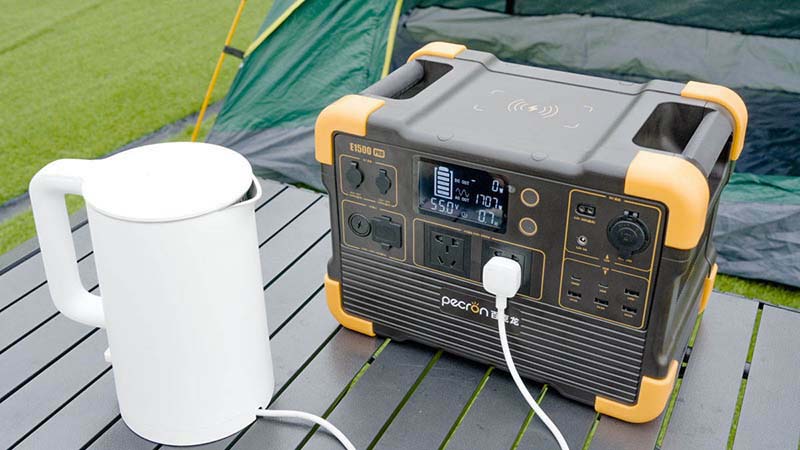solar power how does it work
Portable power station can be used for Walkmans, Electronic counters, Electronic levels, E-readers, Electronic dictionaries, etc, Solar power harnesses energy from the sun and converts it into electricity, providing a clean and renewable source of en...

Essential Devices Powered
- Some models support customized power supply modes to adapt to special equipment.
- The interface dust cover design prevents dust from entering.
- The hospital's backup system can support small medical instruments and monitoring equipment.
- Hybrid charging with three modes: mains power, solar power, and vehicle charging, with total power added without conflict.
- It automatically matches the optimal voltage during charging to improve charging efficiency.
Camping Benefits
- Temporary charging for outdoor scooters
- Emergency power supply for pharmacy payment devices
- Power supply for express delivery scanning equipment and small sorting equipment in remote areas
- Power supply for bridge inspection equipment (crack observation instrument)
- Temporary replacement of railway signal lights
solar power harnesses energy from the sun and converts it into electricity, providing a clean and renewable source of energy. The process begins with solar panels, which are made up of many photovoltaic (PV) cells. These cells are composed of semiconductor materials, usually silicon, that absorb sunlight. When sunlight hits the PV cells, it excites electrons, creating an electric current. This direct current (DC) electricity is then sent to an inverter, which converts it into alternating current (AC) electricity—the type used in homes and businesses. Solar power systems can be installed on rooftops or in large solar farms, capturing sunlight throughout the day. Excess energy generated can be stored in batteries for use during nighttime or cloudy days, ensuring a continuous power supply. Using solar power reduces reliance on fossil fuels, decreases greenhouse gas emissions, and lowers electricity bills. As technology advances, solar energy is becoming more efficient and affordable, making it a vital part of the transition to sustainable energy worldwide. By understanding how solar power works, individuals and communities can make informed decisions to support a cleaner, greener future.


